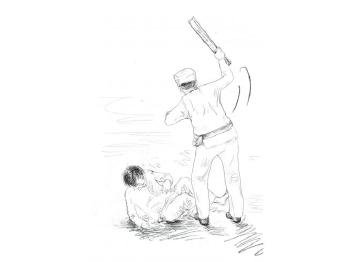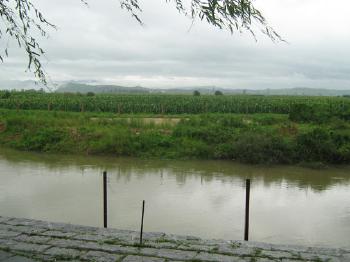North Korea’s perennial label as the most dangerous place in the world to be a Christian is regularly reinforced by compelling testimony. Under the despotic rule of Kim Jong-un and strict communist control, the closed country follows the state ideology of Juche, or “self-reliance” established by his grandfather, Supreme Leader Kim Il-sung. Yet until 1945, Pyongyang – now the capital of North Korea – had remained the stronghold of Korean Christianity, with the city termed the “Jerusalem of the East” after a Protestant revival in 1907.
North Korea’s songbun system classifies citizens according to their perceived loyalty to the state. Religious practitioners are identified as belonging to the “hostile” class and are considered enemies of the state, worthy of discrimination, punishment and isolation, and in some cases, execution. Christians have even been executed for the “crime” of owning a Bible.

The United Kingdom’s All-Party Parliamentary Group on North Korea concluded in its 2021 report that the atrocities against Christians in the country could amount to genocide.
In June 2022 a joint report by the International Bar Association and the Committee for Human Rights in North Korea, based on testimony of former detainees, confirmed that detention periods were longer for Christians than other groups. Witnesses reported that Christians are subjected to some of the worst forms of torture to force them to incriminate others during interrogation. One Christian prisoner who was repeatedly beaten at a labour camp asserted, “I am God’s daughter. I am crying because I am worried that God will be in pain seeing his daughter being assaulted in prison.”
There is close collusion between the communist authorities in North Korea and neighbouring China over the arrest, punishment and forced repatriation of Christians who cross North Korea’s only active border.
Prayer
Pray that Christians will know God’s protection as they face danger daily, especially as they gather in secret. Ask for His strength to sustain those experiencing death, torture and abuse in the labour camps.






